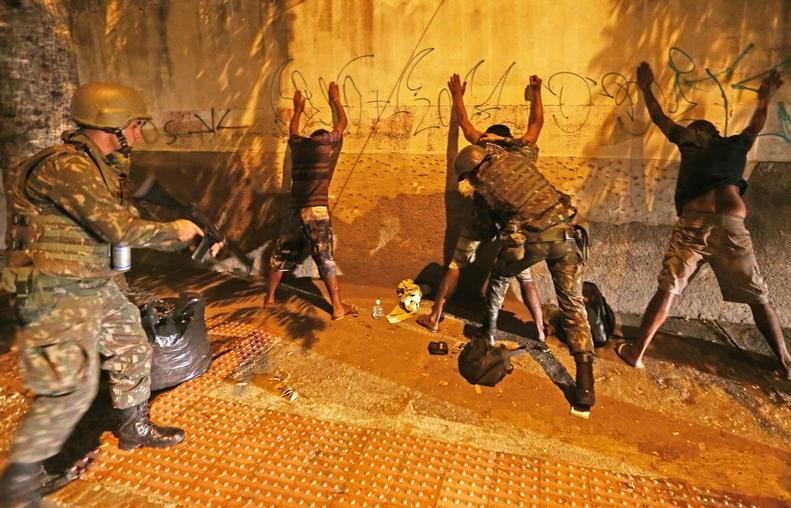Wilton Junior
By
Ricardo Swire
Public security is a complex medium. Internal security professionals face modern safety threats that go far beyond the traditional military sphere.
Law enforcement, together with the military, represent the coercive arm of a State. Security fears condense areas that directly impact individual lives such as gang violence, cyber-crime, illegal drugs, firearms and human trafficking. Democratic policing requires all citizens be treated according to established procedures, regardless of societal status.
Law enforcement methods and training should ensure residents are engaged with respect and suitable care for safety concerns, in addition to their civil rights during police encounters. Public transparency usually depends on the law enforcement agency’s safeguard to ensure honesty and professionalism. Robust complaint mechanisms and methods of officer identification are crucial for registration of complaints, when police officers abuse power.
Centuries of precedent dictate that the military provides support to civil law enforcement. Modern trends show four main issues from the military’s use in community crime fighting. Overlap of responsibility, with regards to military and police institutional operations especially crime prevention and control, is the first challenge. Second, such a decision politicizes the military. Third, soldiers are not psychologically trained or equipped for never-ending police duties. As a result pent up aggression is released on the community. Forth, recurring military reliance, to resolve internal security challenges, reduces investment in functional civilian security and justice sectors. Risk of authoritarian or human rights abuse increase.
In 2013 Brazil’s Forum on Public Safety discovered that Brazilian Armed Forces’ Military Police (MP) committed 1567 killings, eight times more than the 198 cases connected to civil police officers during the review period. Records between 1995 and 2014 reflected MPs stationed in Sao Paulo killed more than ten thousand residents. Since February 3, 2017 Brazil’s civil police in south-eastern state Espirito Santo documented 85 deaths, from upheaval that followed MP indirect strike action. Outcry voiced requests for better salaries and a review of the promotion process.
Brazilian law does not condone Military Police industrial action. Therefore the specially designated soldiers’ family members blocked MP patrol vehicles that attempted to depart Espirito Santo camps. Some criminal activities, committed during the impasse, were recorded via mobile phone videos and circulated on social media. Civil police used lethal force to stop thieves. One man was shot in the leg. Between February 5 and 6, 2017 Brazil’s Defense Department noted 37 murders.
Internal security reports recorded more than 130 residents killed in the small coastal state north of Rio de Janeiro, 270 commercial businesses ransacked, damages estimated at more than US$35 million. Brazil’s president replaced the MP’s Commanding Officer for the state and deployed a combined 1,200 regular Brazilian Armed Forces and National Guard personnel, their duty to reinforce security concerns in Espirito Santo. 700 MPs who refused to work were formally charged.



No Comments Yet!
You can be first to comment this post!